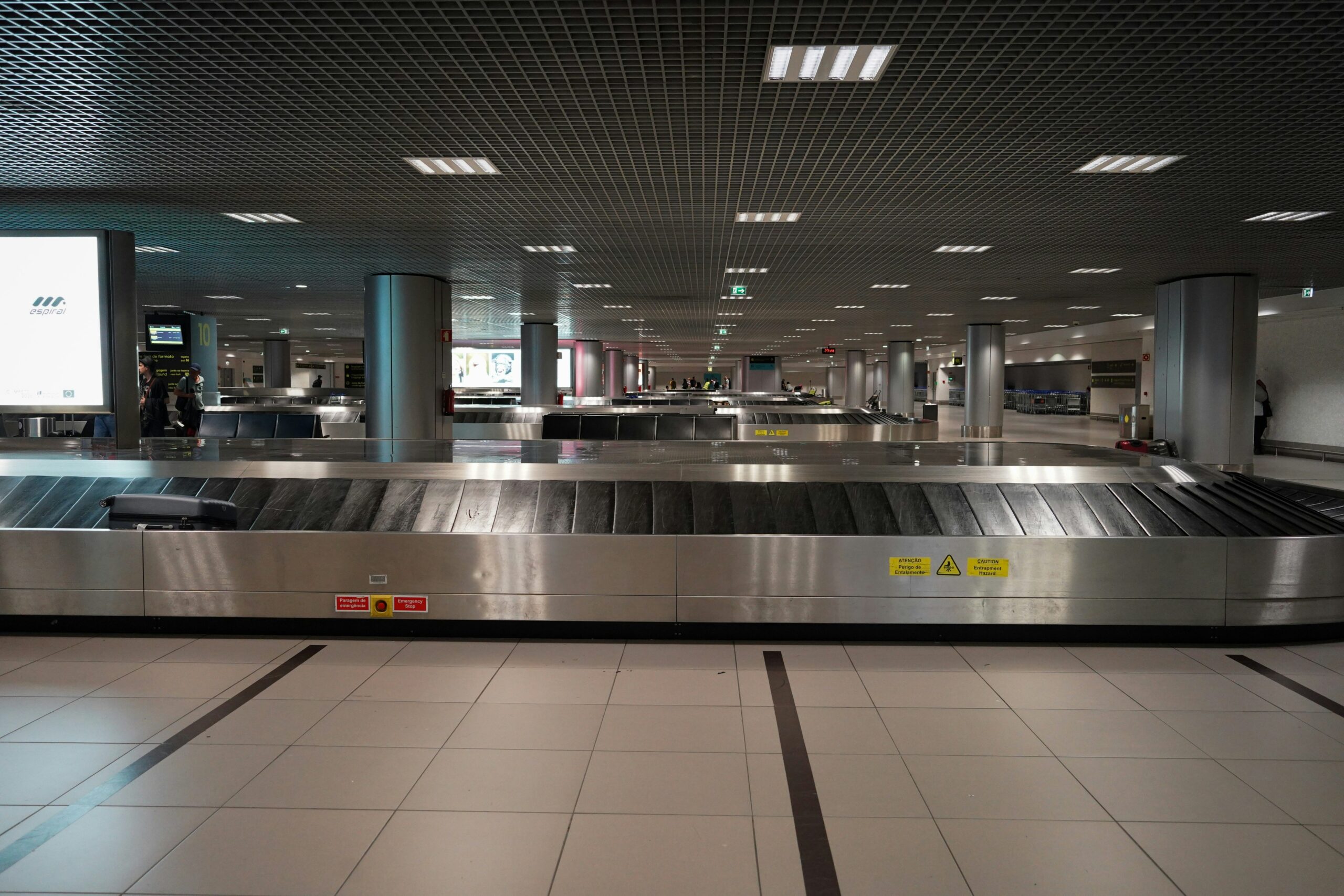ANA report also suggests taxpayers won’t be burdened
The Portuguese government has reiterated that it maintains its goal not to directly burden taxpayers with the construction of Lisbon’s new Luís de Camões Airport.
“The government’s intention is to not directly burden the state budget with the construction of the new airport,” the government said in a statement sent to newsrooms on Wednesday.
The statement also states that “ANA’s report presents a scenario in which there is no direct burden on taxpayers, thus redoubling the executive’s initial conviction“.
The government also points out that it is carrying out the plans for the construction of the new airport, at the Alcochete Shooting Range, “in accordance with the deadlines set”.
The opposition Socialist Party (PS) today called on the government to send to parliament the report submitted by ANA with the conditions for the construction of Lisbon’s new airport, accusing the ministries of Finance and Infrastructure of “contradiction and bewilderment”.
“If, on the one hand, the ministry of infrastructure has always said that there was no cost to the taxpayer for the new Lisbon airport, in relation to the minister of finance’s statements yesterday, there is already the possibility of a cost to the taxpayer,” said socialist MP Hugo Costa, speaking to journalists in parliament.
According to Hugo Costa, this “is a clear contradiction” and therefore “the answer must be known” in order to find out “who is actually telling the truth in this shambles”.
Regarding the news that the new airport is expected to cost around €8 billion, the PS MP said that these figures are part of what the PS wants to know with the report, i.e. “the reality of the figures”, considering that transparency is needed since the Independent Technical Commission had estimated it at €6 billion.
“I know that other parties have already asked for this and we’ll make these requests viable, but for us, what’s more important than members of the government coming to parliament to contradict themselves, what’s important is that we know the report that led to these contradictions,” he added.
On Tuesday, the minister of finance said that it is the government’s intention that the burden of building the new Lisbon airport on taxpayers should be “as limited as possible, if possible even without any impact on taxpayers” and will analyse what ANA’s initial report predicts.
On Tuesday, the Chairman of the Board of Directors of ANA, José Luís Arnaut, and the CEO, Thierry Ligonnière, handed the minister of infrastructure and housing, Miguel Pinto Luz, and the minister of finance, Joaquim Miranda Sarmento, the initial report for the formal start of negotiations with the government for the construction of the new airport, which the government now has 30 days to analyse.
In May, the government approved the construction of the new airport for the Lisbon region at the Alcochete Shooting Range, following the recommendation of the Independent Technical Commission (CTI).
In 2025, according to its proposal for the state budget, the government will go ahead with carrying out “basic studies” to support the technical solutions for implementing the new airport.
The government estimates that Luís de Camões Airport will be operational in 2034, which is less optimistic than the CTI, which pointed to the completion of the first runway in 2030 and a total cost of €6.105 billion.
As for the cost, the government also considers that the CTI is too optimistic, and estimates that it will be somewhere between the figure indicated by the commission led by Rosário Partidário and the €8bn to €9bn estimated by ANA Aeroportos.
Miguel Pinto Luz guaranteed that the government is committed to ensuring that the costs of the new airport do not affect the state budget, believing that it will be possible to pay for the investment with “the resources released by the concession, until the end of the concession”.
Source: LUSA




















